

Directors Overview
It’s been an exciting and challenging first year of our existence here at ACCESS-NRI! At the time I accepted the job of Director of ACCESS-NRI, we had a staff of 3, no office space to call our own and no established work plans. As I write this (October 2023), we have 20 staff housed in our Acton cottage (with some staff working remotely) and are continuing to actively recruit. We’ve also worked to engage with the community, and to frame plans to establish ourselves and to define the best way to contribute to the community.
One particularly challenging aspect of establishing a new organisation is to carve out our identity within the research landscape – and to communicate that identity to the community. One of our tasks in 2022 was to set up a framework of community engagement that will help us to define that identity. This framework is based on several key principles – involving the community in our decision-making processes (especially through our now-established community working groups) and ensuring that the development process is both open and transparent. This openness doesn’t only mean that the code we develop is available – instead it means that the whole process of developing code, troubleshooting issues, testing and evaluation are fully open. It means that a new researcher in the field can have access to every question that has ever been asked about the model they would like run, and that models are supported by active and complete documentation.
The primary mechanism that we have established for this engagement is a system of documentation and engagement that we call the ACCESS-Hive. The Hive is a tool for the community to ask questions or communicate their ideas via a public forum, or to search through a
knowledge base of previous Forum discussions. It also links to documentation that is either created by ACCESS-NRI, or contributed by the community. If you haven’t checked out the ACCESS-Hive forum yet, I would encourage you to get involved, and make your first post.
Looking forward, I expect that 2023-2024 will be the year when ACCESS-NRI moves from establishment to contributing. We have started this already with our 2023 Annual Workshop, which was held in September. This was an opportunity for us to showcase this progress, to get feedback on our priorities. I hope that you can all continue to engage with us and I hope to see you all again during our 2024 Workshop.
Andy
“My vision for ACCESS-NRI is that we can foster a diverse and inclusive community within the Australian Earth system modelling research space, that this community can broaden and deepen its impact and address research questions that are beyond the reach or even the imagination of our current scientists.”
Andy Hogg, Director ACCESS-NRI
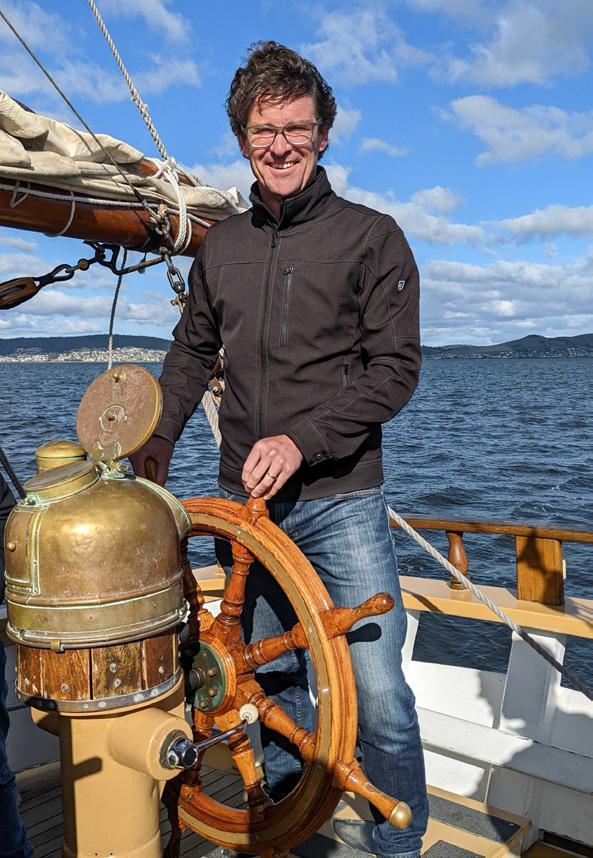
Celebrating the first year of ACCESS-NRI
Appointment of ACCESS-NRI Director, ACCESS-NRI Board Chair and establishment of ACCESS-NRI Board
Launch of our website access-nri.org.au
MAY 2022 TO JULY 2023
Recruiting Research Software Engineers (RSE)
Establishment of the Scientific Advisory Committee
Official Launch of the ACCESSNRI
Appointment of Team Leaders
Formation of the ACCESS Community Working Groups
Co-organisation of the CMIP7 Workshop
ACCESS land modelling team
Inaugural ACCESS Community Workshop
Appointment of Associate Directors
Launch of ACCESStory, our bimonthly e-newsletter
Launch of ACCESSHive and Forum –Community Engagement tools
What is ACCESS-NRI?
ACCESS-NRI is a computational Earth system modelling framework hosted at the hosted at the Australian National University (ANU) and the National Computational Infrastructure (NCI) and enabled by the Australian Government through the NCRIS program.
Our mission is to build a collaborative national Earth system modelling infrastructure to predict Australia’s weather and climate. We provide open-access and user support to world-class simulations, specifically designed for the Southern Hemisphere. These simulations are powerful and indispensable tools for researchers, decision makers and policymakers, offering essential insights into diverse areas such as climate change, agriculture, resource management, and disaster response.

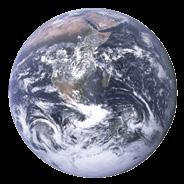
Create and curate open-source software infrastructure in collaboration with Australian research communities
What we do
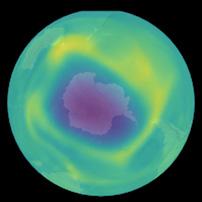
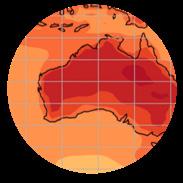
Build the capability of Australian climate science, observations and high performance computational modelling research

Support software, tools, documentation and datasets for the ACCESS community
Develop transparent, quality-assured climate prediction systems and enhance current Australian climate modelling systems
Our team
People are the most important element of our infrastructure. They include our highly skilled workforce supporting the ACCESS models, data and tools; the climate and weather community, who use and co-develop the ACCESS modelling framework; and members of our Board and Scientific Advisory Committee (SAC), who help govern and advise us.
Over 2022-2023, ACCESS-NRI’s primary focus was to establish its core team, governance and advisory groups. Early 2022 saw the appointment of our Director as well as the inaugural meetings for both our Board (10 members) and SAC (12 members). By July 2023, roughly one year after our launch, 89% of appointments had
been made across our organisation. The core team at this time consisted of our Director, two Associate Directors, Business Manager, Outreach and Engagement Manager, Administration officer, 5 Team Leads and 20 Research Software Engineers.
ACCESS-NRI is committed to being an organisation where people and partnerships thrive and we understand the enormous value of recruiting a diverse workforce. With this in mind, part of our recruitment strategy included advertising research software engineer positions for female and female-identifying applicants. This strategy contributed to our ongoing efforts to ensure diversity amongst the staff on our team.
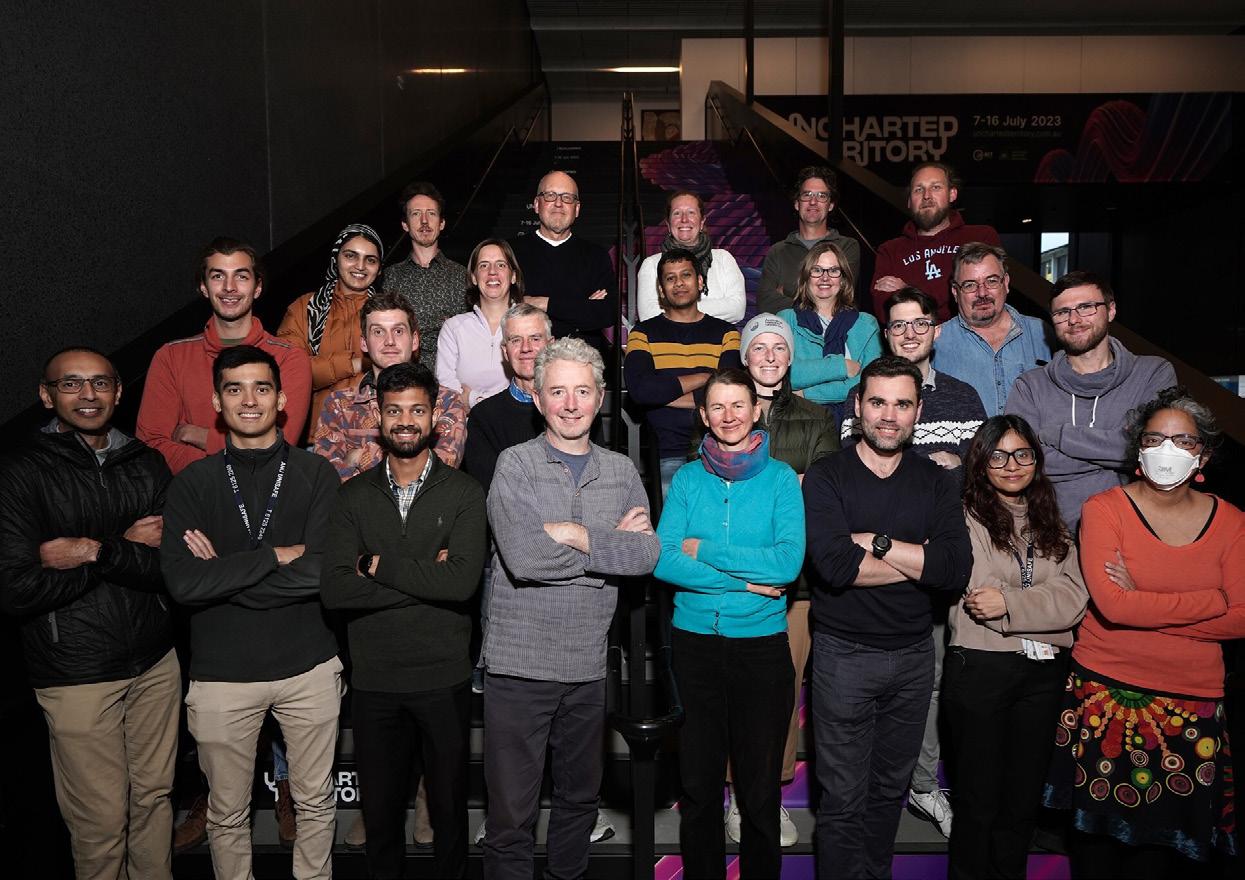
Public engagement highlights
Launch of the Australian Earth System Simulator
On the 23rd of June we celebrated the launch of ACCESSNRI with an event at the National Museum of Australia. Members from our staff, our partner organisations, representatives from universities, other NCRIS facilities, representatives of the Department of Education and government representatives were welcomed to Ngunnawal Country by elder Serena Williams and our master of ceremonies science communicator Lee Constable. Our guest speakers included Danielle Donegan, from the Department of Education, Professor Brian Schmidt (ANU, Vice Chancellor), Professor Robyn Owens (Chair of the ACCESS-NRI Board) and Professor Andy Hogg (ACCESSDirector).

ACCESS-NRI Strategic Plan 2022-2027
In September 2022, the ACCESS-NRI team released its Strategic Plan for 2022-2027, outlining its vision, mission, aims, principles and impact for the next five years.
Read or download strategic plan

CMIP7 Workshop

This hybrid Workshop took place in CSIRO Aspendale for two days at the end of February 2023 and was co-hosted by the Australian Earth System Simulator (ACCESS-NRI), CSIRO, the NESP Climate Systems Hub and the National Computational Infrastructure (NCI). The Coupled Model Intercomparison Project (CMIP) main aim is to better understand past, present and future climate changes arising from natural variability or in response to human activities in a multi-model context. The workshop focused on briefing the climate, weather and Earth system modelling research community, stakeholders and government representatives on the current state of Australia’s contribution to the next phase of the CMIP – and to gather input on priorities for participation in CMIP7.
We had 97 participants from universities, government representatives, national scientific organisations and international scientific institutions. A key outcome of this Workshop was the agreement to create a consortium to develop the Australian CMIP7 submission.
Read or download Workshop report

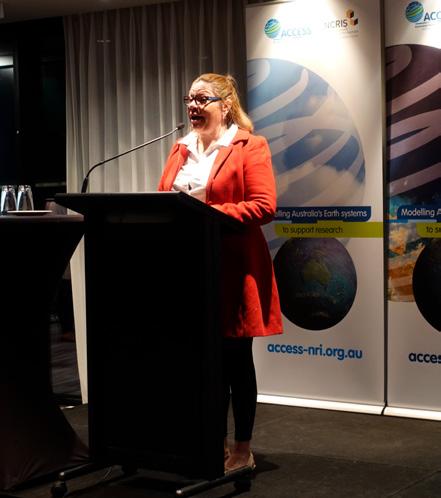
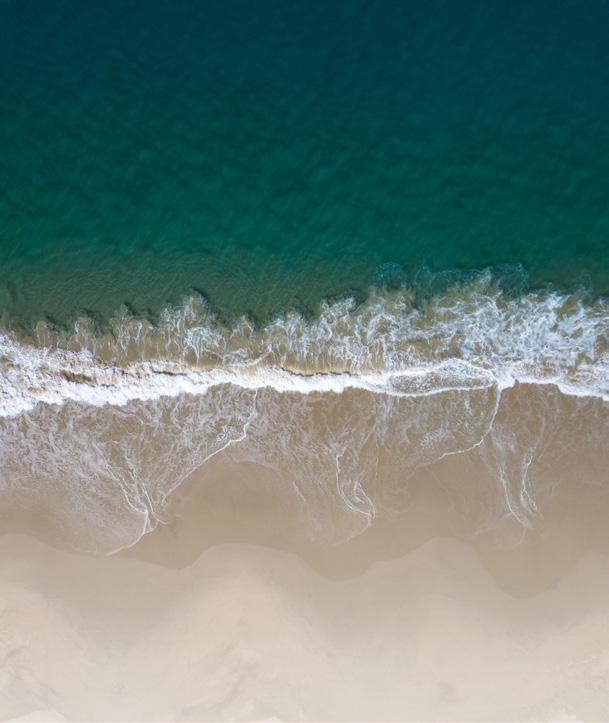
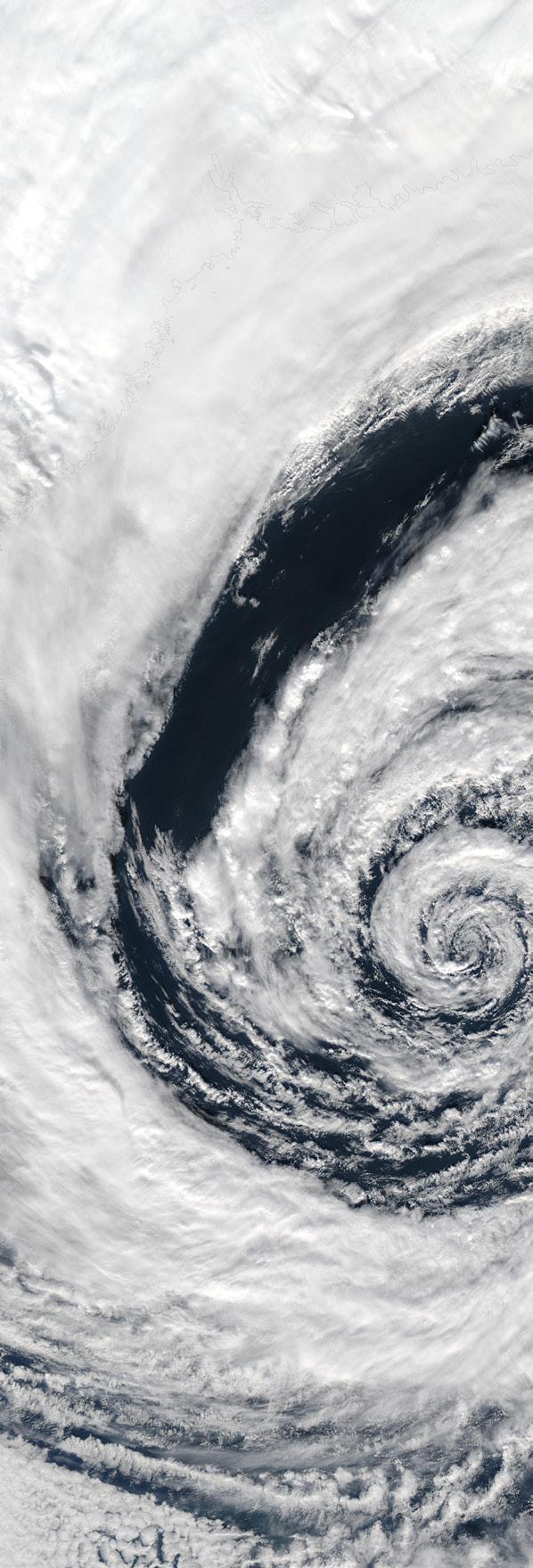

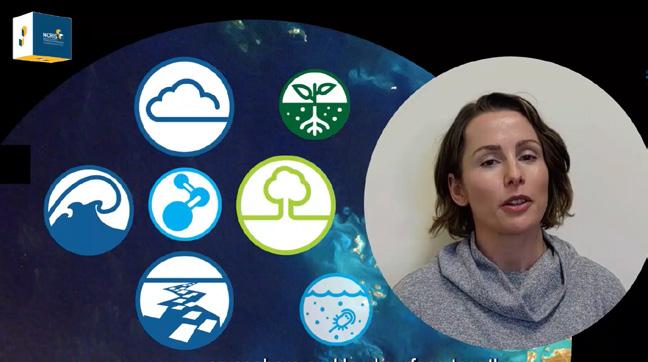
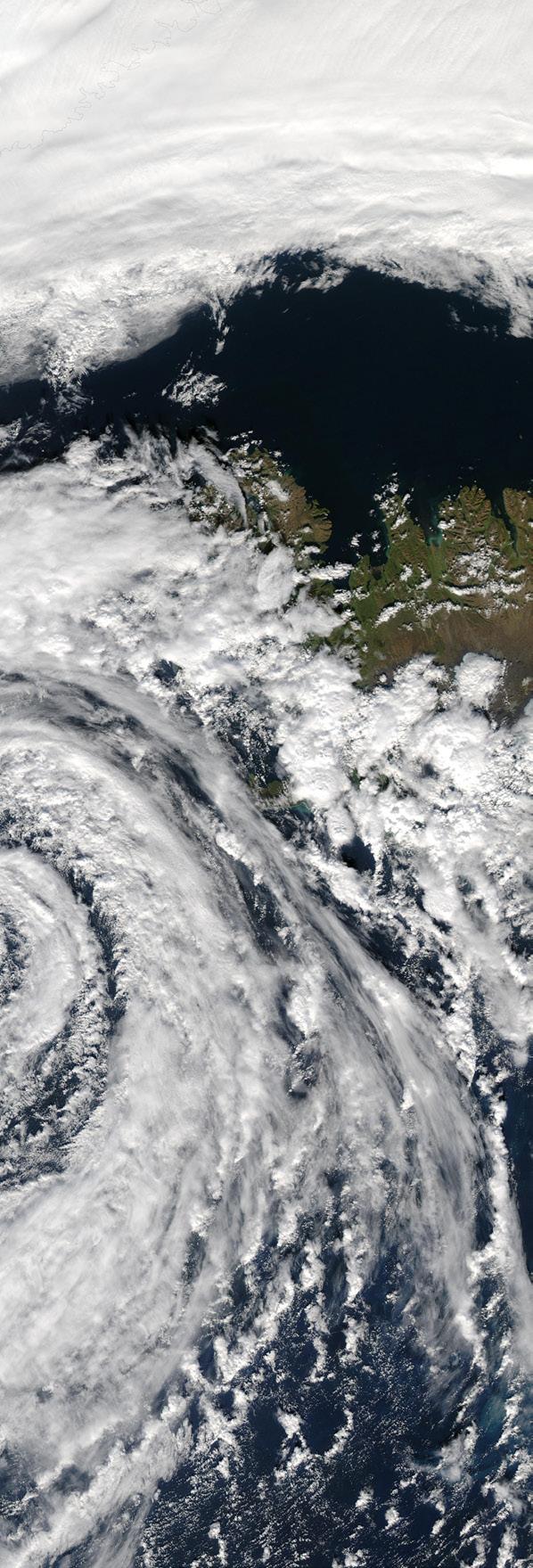
National Science week #60sec4Science
During National Science Week 2022, the NCRIS organisations and the Department of Education put together the #60sec4science X (former Twitter) campaign, a thread of 27 1-minute videos about the importance of our infrastructures. Check our ACCESS-NRI video on our YouTube channel starring Dr Chiara Holgate from ANU and the ARC Centre of Excellence for Climate Extremes (CLEX).

Modelling Earth’s past and future climate:
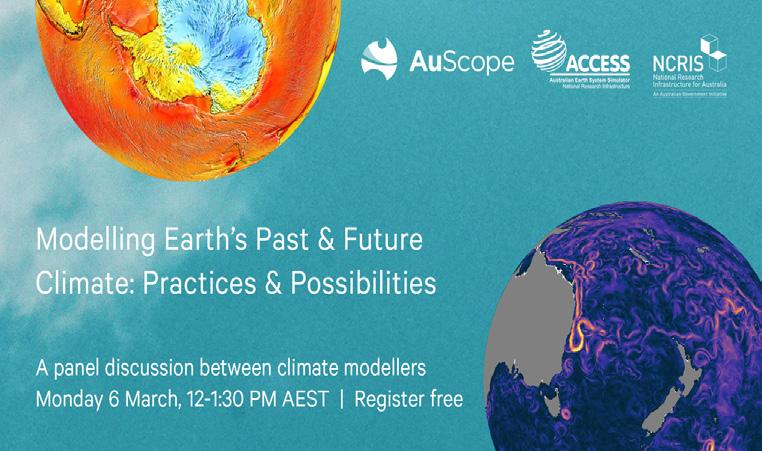
On the 6th March, ACCESS-NRI and AuScope organised a lively online panel discussion involving climate scientists and geodynamic modellers who model past and future climates using software enabled by NCRIS.
The panellists discussed various topics related to climate modelling and research, including the challenges of modelling the Earth’s climate over long periods, the interconnectedness of Earth systems, the latest advances in climate modelling technology, links between geodynamics and climate, and the potential impact of climate change on the planet’s ecosystems and human populations. The panellists emphasised the importance of collaboration and interdisciplinary research in addressing the complex challenges posed by climate change.


Watch video
Community engagement highlights
2022 ACCESS Community Workshop
Our inaugural Community workshop was held in Canberra over 22-23 June 2022 as a hybrid event with the participation of 170 community members, 63 in person and 107 online. Its aims were:
• To bring together people from across the ACCESS community, to enhance existing links and to build new collaborations, especially between disciplines.
• To get community input into the ACCESS-NRI long-term strategic plan, including potential new capabilities.
Link to Full Report

Launch of ACCESS-Hive, the ACCESS Community Portal
ACCESS-Hive is an open-source collaborative portal developed by and for the ACCESS community members. ACCESS-Hive is a portal to all the documentation relevant to the wider ACCESS community and includes the ACCESS-Hive Forum, which is a venue for the ACCESS community to come together, share information, have fruitful discussions, organise and plan shared activities.
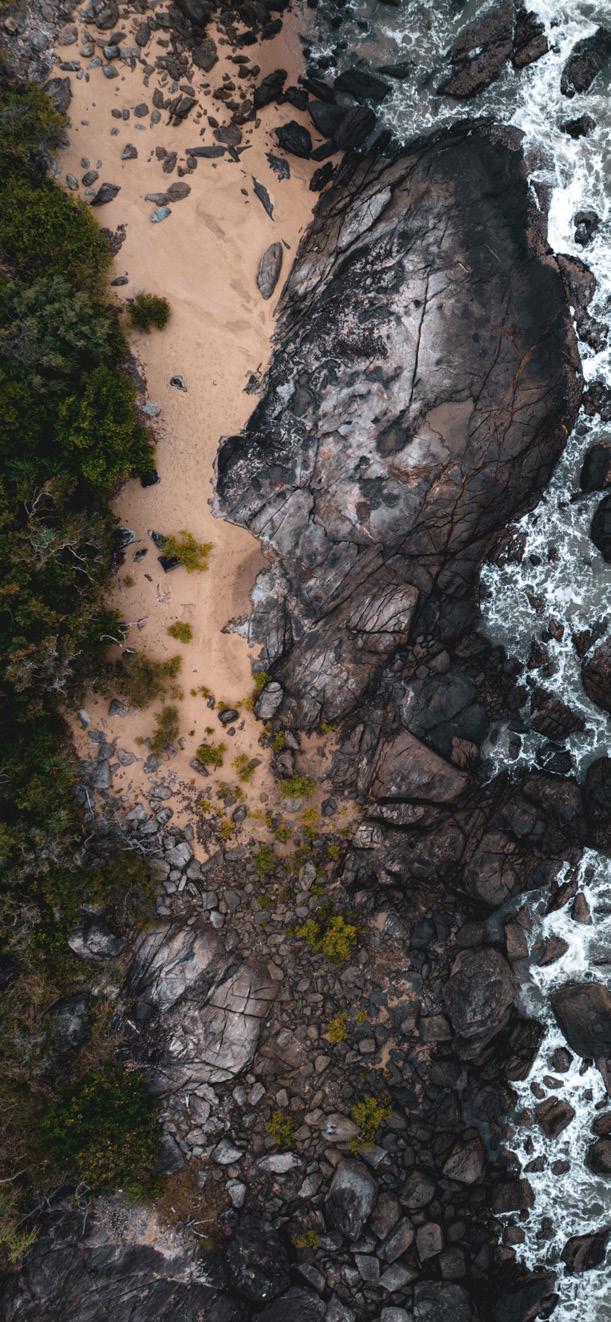
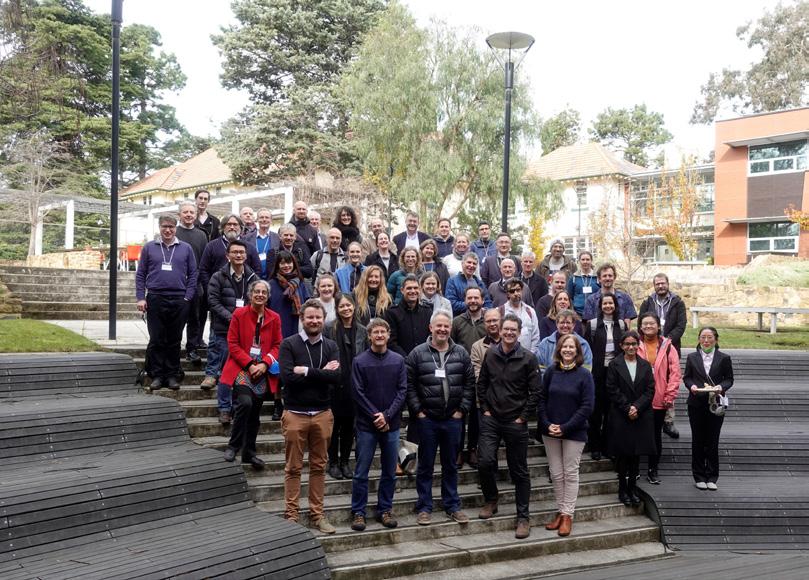
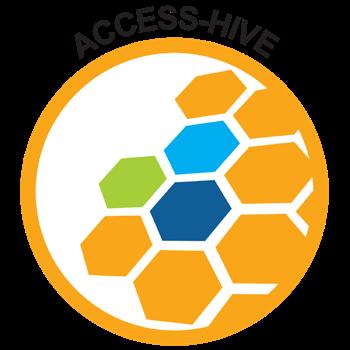
“I think the ACCESS-Hive is of great benefit to the Australian climate community, it is something that was on our wish list for a long time, and now we finally have a shared platform we can use for documentation and collaboration”
Dr Paola Petrelli, ARC Centre of Excellence for Climate Extremes (CLEX) and the Institute for Marine and Antarctic Studies (IMAS) and member of the ACCESS community.
“We hope that the ACCESS-Hive will be a place of co-creation and collaboration, just like a beehive, buzzing with activity. Our vision is that the ACCESS-Hive will become the main portal to ACCESS documentation, but also a place where everyone works towards the common goal of improving the essential and powerful tools that form the ACCESS framework.”
Dr Aidan Heerdegen, Team Leader of the ACCESS Model Release Management team

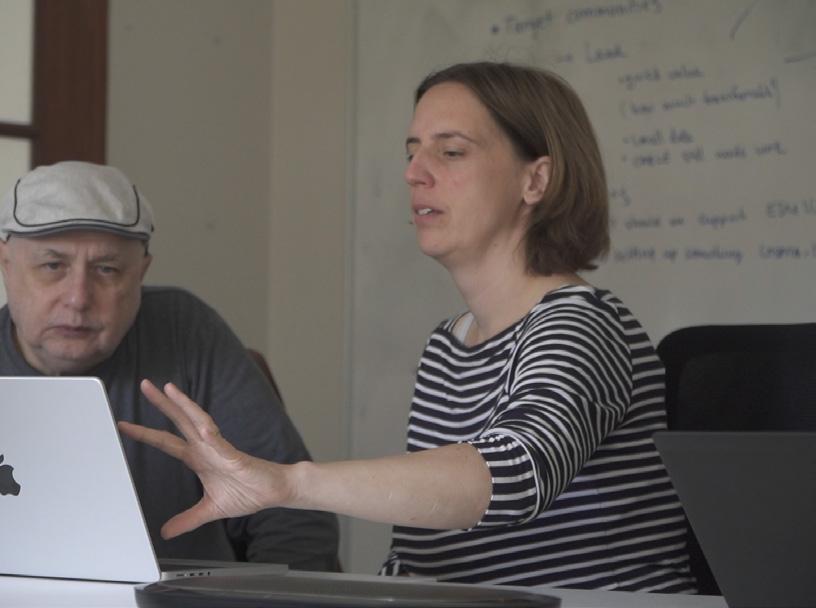

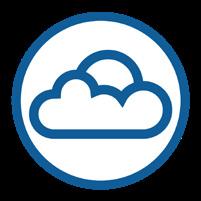
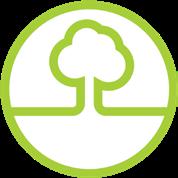

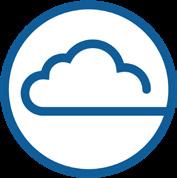
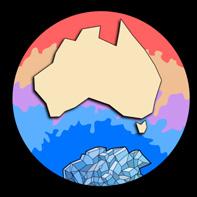
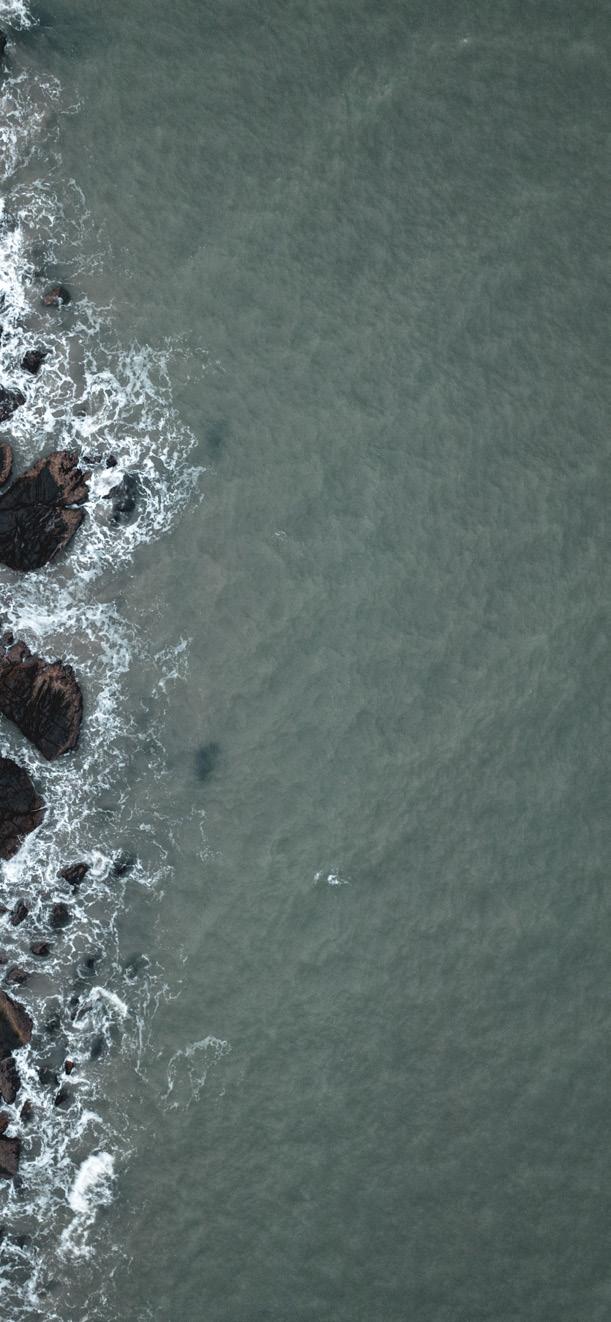
Training Highlight: CABLE (ACCESS Land Surface Model) Docathon
The ACCESS-NRI held the first docathon for CABLE on the 7th-8th November 2022. A “docathon”, word invented by Aidan Heerdegen at NRI, is a hackathon to write documentation.
This docathon aims were to learn the tools, start the conversation on how best to organise the documentation, identify ways to keep people involved with the writing process beyond the docathon and finally write as much of the user guide and scientific documentation as possible.
Additional docathons were held in Sydney (13-14 December) and online (1 May; 23 June). ACCESS-NRI is now hosting these as an ongoing monthly series.
Formation of the ACCESS Community Working Groups
In 2022, after consultation with the community through a community-wide survey and with the Scientific Advisory Committee (SAC) and Board, ACCESS-NRI established six Community Working Groups to provide an interface between the researcher community and ACCESS-NRI.
In March 2023 ACCESS announced the formation of four new working groups: Atmospheric Modelling, Cryosphere, Earth System Modelling and Forecasting and Prediction. They joined the existing COSIMA (Ocean and SeaIce) and Land Surface Working Groups, which were already established within the ACCESS community.
These six community-driven groups are formed by users and developers of specific ACCESS components, configurations or research communities and will provide feedback on the modelling systems and associated tools, and suggest directions for future development.

“Community building is at the heart of our mission, so we are really excited by the formation of the working groups, as we will have opportunities to contribute to and benefit from a wide range of scientific and professional activities driven by our community”
Dr. Yi Huang, ARC Centre of Excellence for Climate Extremes and user of the ACCESS Modelling framework.
Release Highlight
ACCESS land modelling team releases the CABLE evaluation tool, benchcab 2.0.0
In June 2023, ACCESS-NRI launched benchcab (version
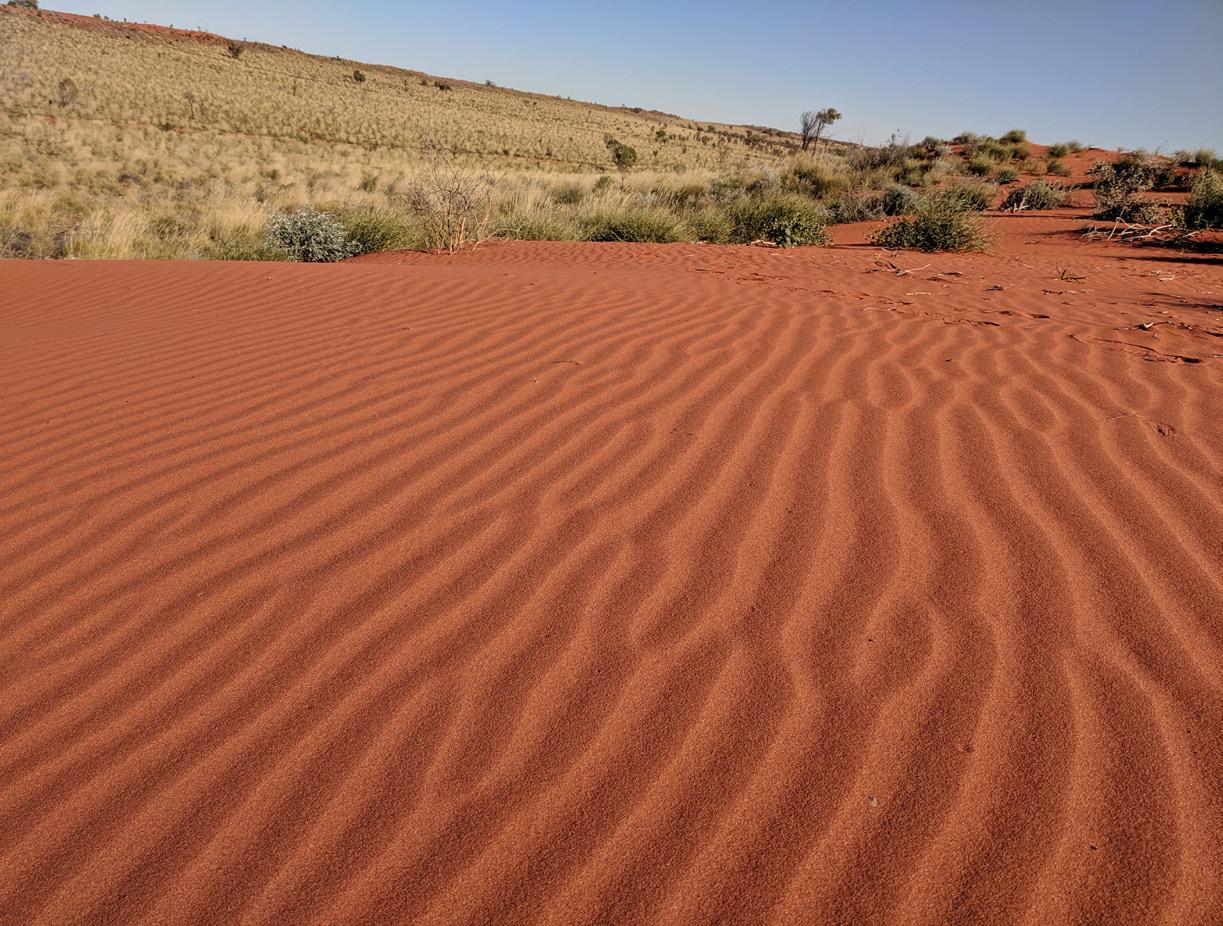
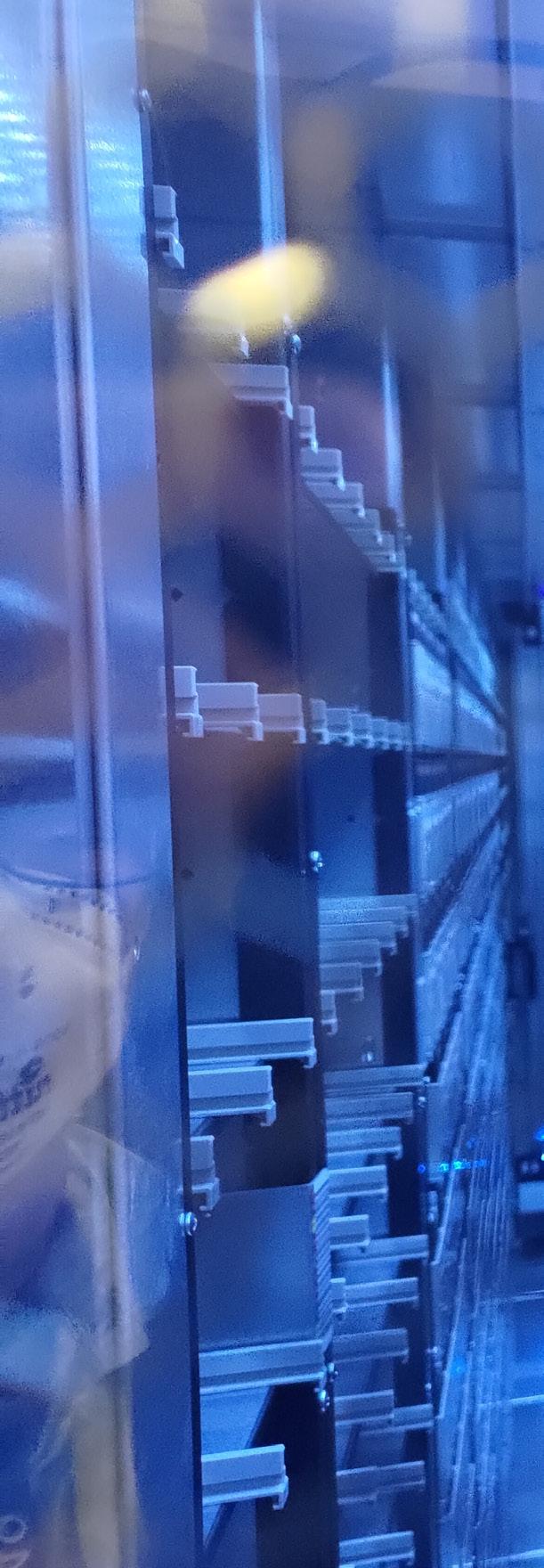
Editors:
Natalia Bateman, Andy Hogg, Kelsey Druken, Martin Dix and Claire Carouge, ACCESS-NRI
Designer: Carl Davies, CMDphotographics
Citing this publication
Australian Earth-System Simulator (ACCESS-NRI). (2023). 2022-2023 Highlights Report for the Australian Earth System Simulator (ACCESS-NRI). Zenodo. https://doi.org/10.5281/zenodo.10056866
DOI: https://doi.org/10.5281/zenodo.10056866

With the exception of the NCRIS and partner logos, or where otherwise noted, this document is licensed under the Creative Commons Attribution 4.0 International licence

2022-2023
To receive news and updates from ACCESSNRI subscribe to our ACCESStory newsletter: More information: www.access-nri.org.au
E-mail: access.nri@anu.edu.au

Image credits:
Front and Back cover: Josué Martínez-Moreno, ANU
Page 1: Javardh, www.unsplash.com
Page 2: Earths: Fraser Dennison, CSIRO; www.pixabay.com; Josué Martínez-Moreno, ANU
Page 3: Harshula Jayasuriya, ACCESS-NRI
Pages 4-5: Background: www.pixabay.com and arthur-hinton on www.unsplash.com
Pages 6-7: Background: josh-withers on www.unsplash.com Earth: www.pixabay.com
Page 8-9: Background: Natalia Bateman, ACCESS-NRI; Greg spearritt on www.unsplash.com
Highlights Report

2022-2023
Our founding partners:
Acknowledgements
We acknowledge the Traditional Owners of the land on which our research infrastructure and community operate across Australia and pay our respects to Elders past and present.
We recognise the thousands of years of accumulated knowledge and deep connection they have with all the Earth systems we simulate.
We would like to thank every organisation, community and individual that makes ACCESS-NRI possible, for their contributions and support.
ACCESS-NRI is enabled by the Australian Government through the National Collaborative Research Infrastructure Strategy (NCRIS), a program managed by the Department of Education.
